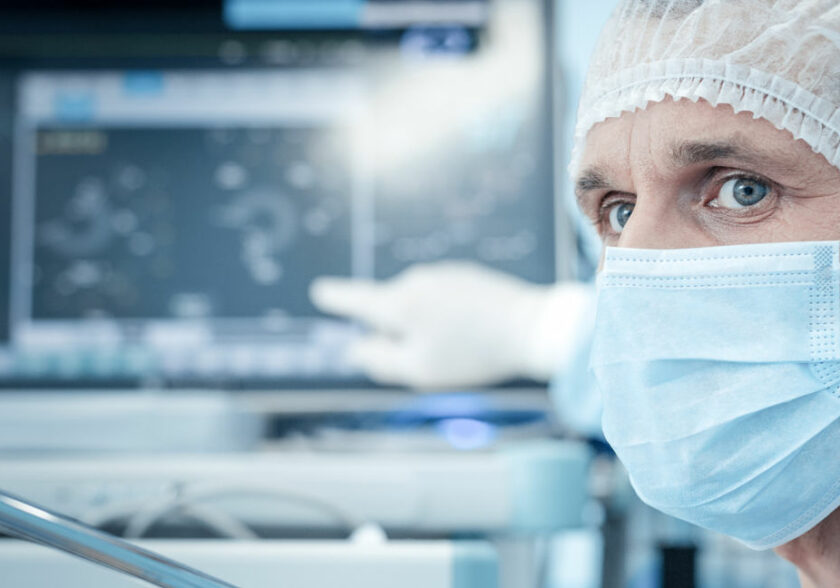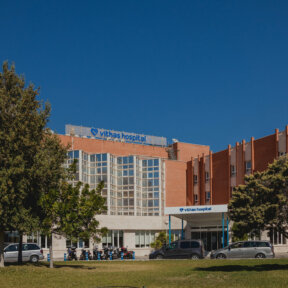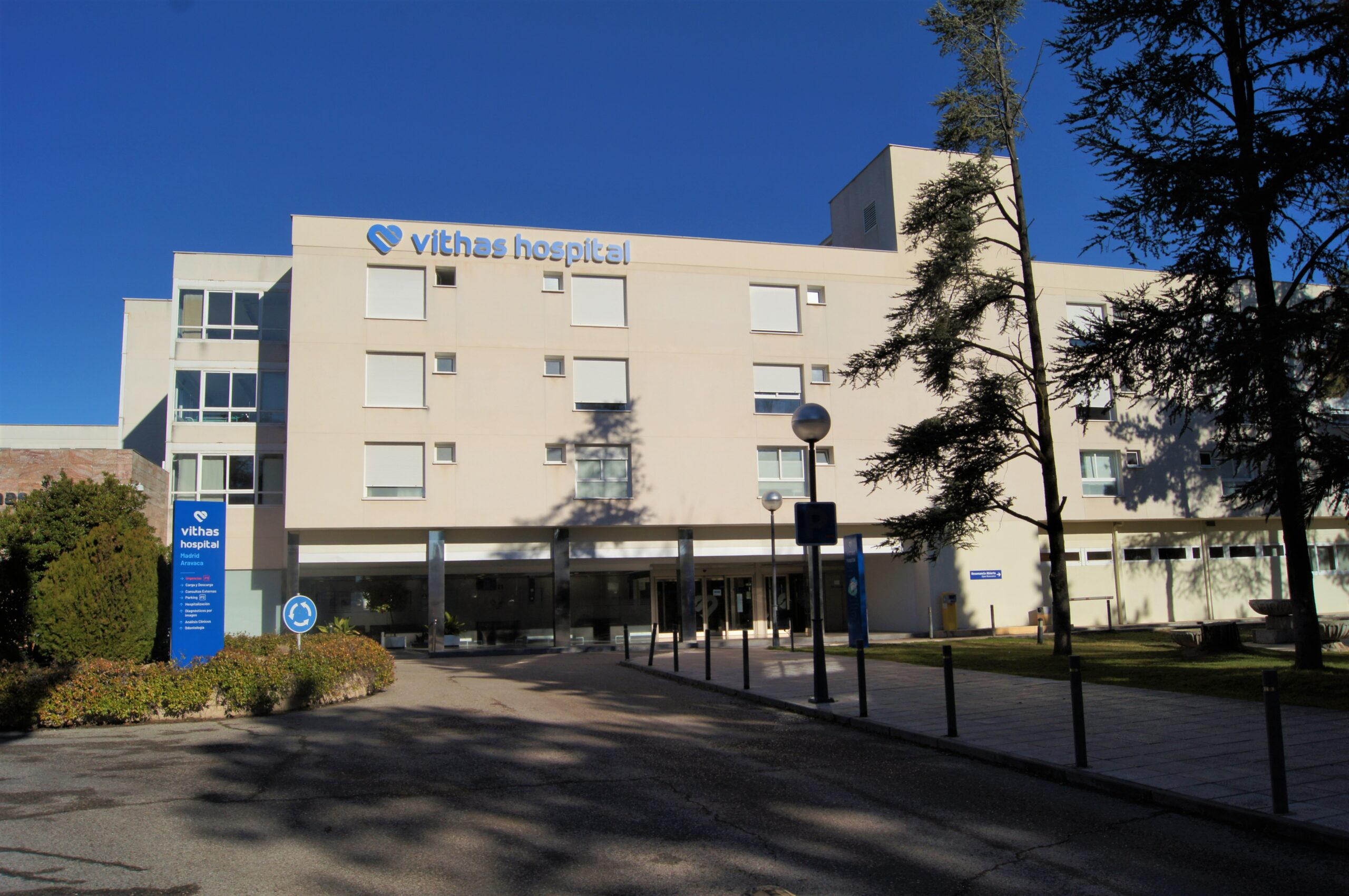What is intensive care medicine?
Intensive care medicine looks after patients with severe symptoms whose vital state is compromised. This service functions as a central and multi-purpose unit, providing support to the rest of the hospital services — both medical and surgical — but always on a pathophysiological basis.
These specialists carry out their daily work in the Intensive Care Units (ICU), Intensive Medicine Units or Intensive Monitoring Units. The critical nature of patients in ICU means that intensivists have a constant relationship with the rest of the hospital units and health departments. They also have the technical skills to care for patients in critical health situations or any type of catastrophe.
Which patients is it for?
Intensive care deals with hospitalised patients with a serious or high-risk clinical condition, who may recover with intensive treatment.
Main conditions and diseases
- Severe polytrauma
- Shock of any etiology (septic or hypovolemic)
- Postoperative complications of any speciality
- Acute respiratory failure
- Acute kidney failure
- Stroke
- Ischemic heart disease
- Infectious diseases requiring continuous monitoring
- Postoperative monitoring following complex surgeries
Main diagnostic resources and technology
- Haemodynamic monitoring and support
- Continuous extra-renal clearance techniques
- Transient pacemakers
- Lumbar puncture
- Pericardiocentesis
Areas of specialisation
- Arrhythmia monitoring
- Ventilatory support













